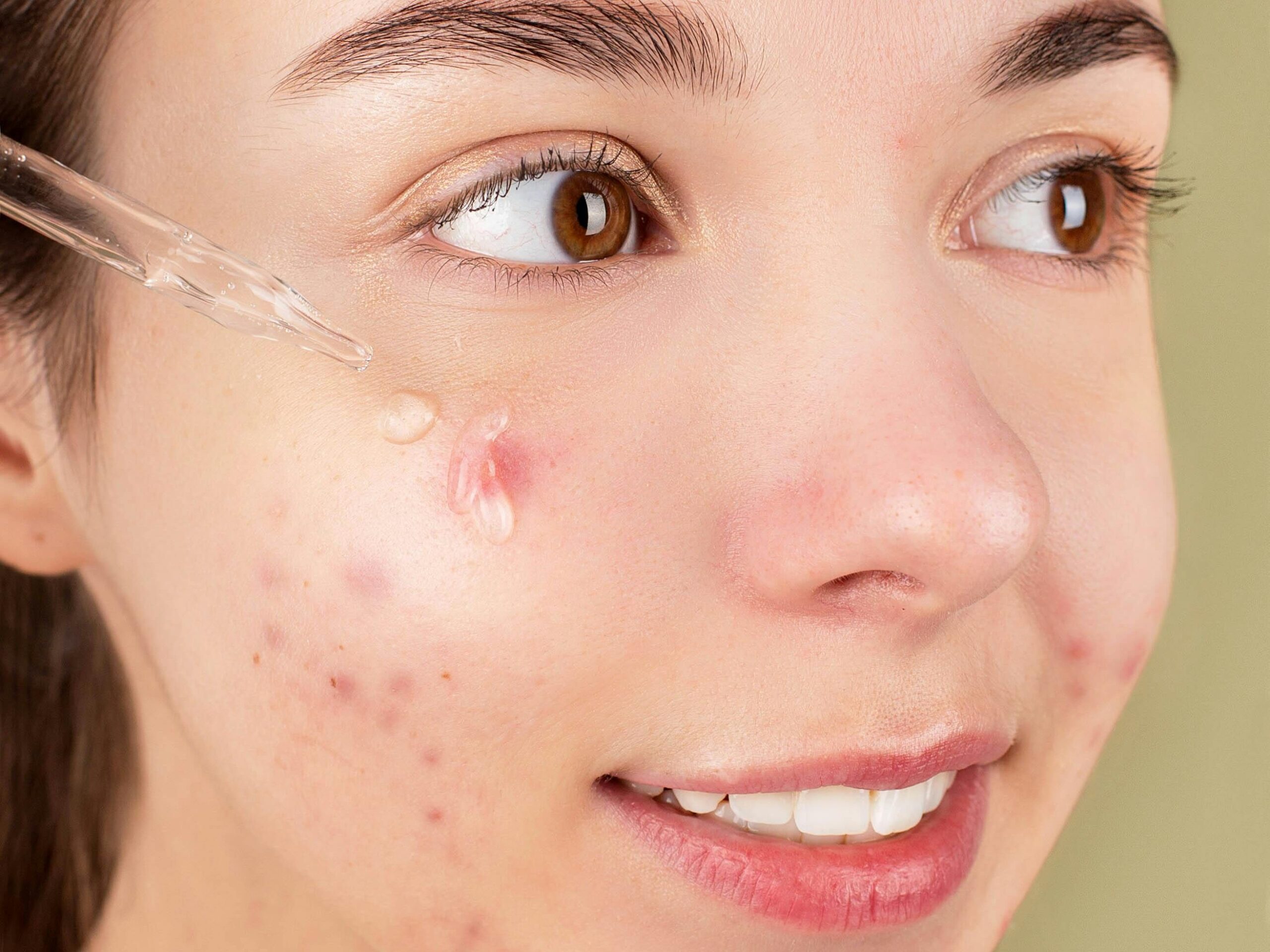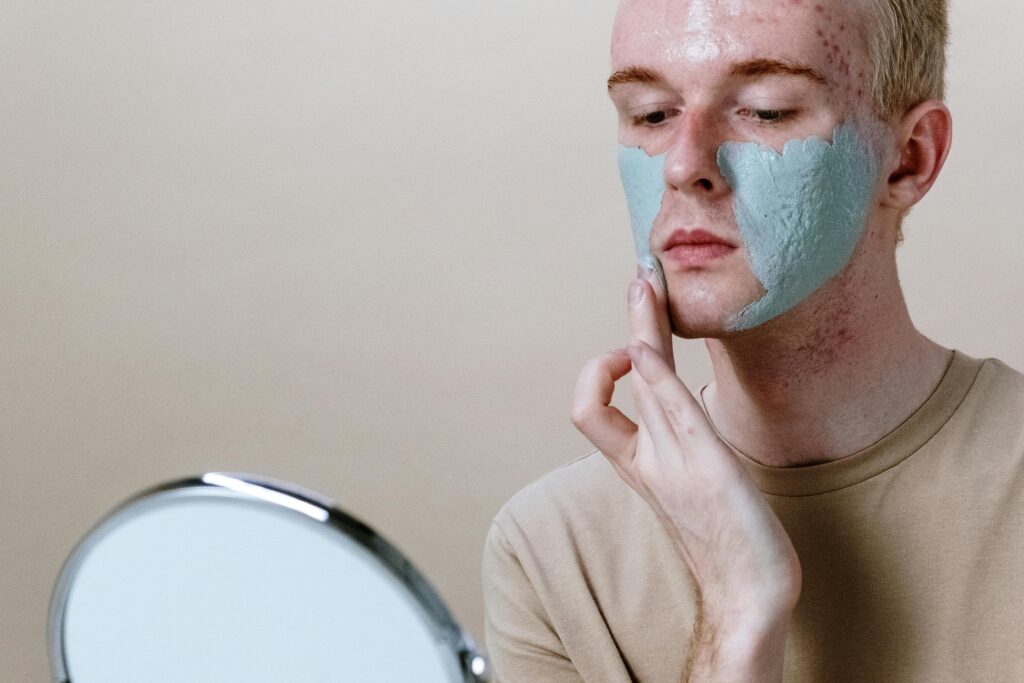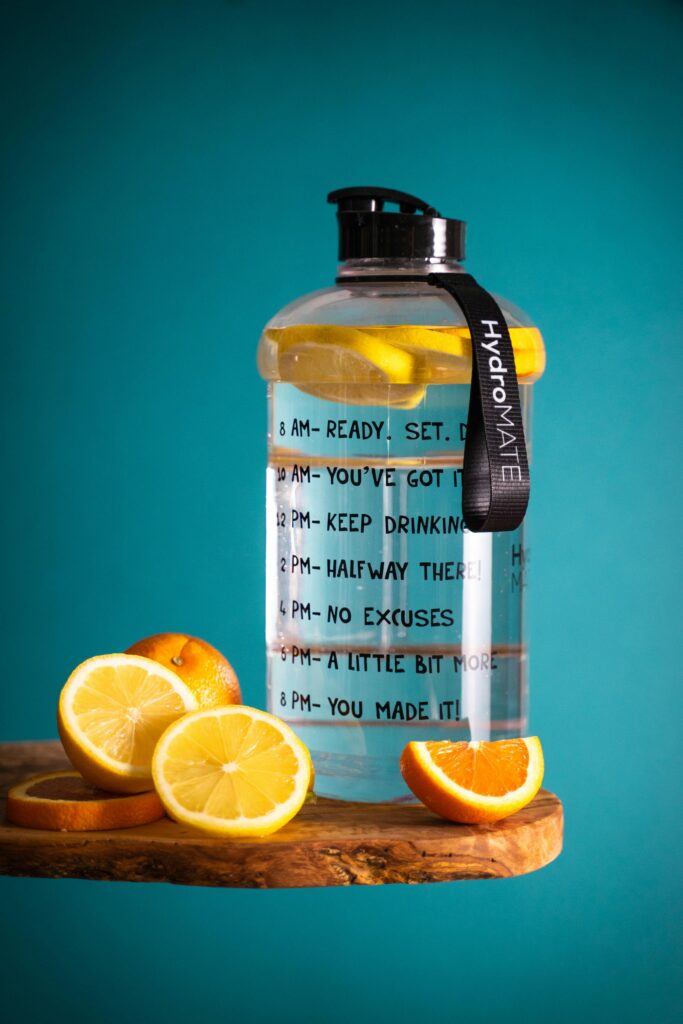Table of Contents
Introduction
Acne is more than just a cosmetic issue—it’s a condition that affects self-esteem, confidence, and mental well-being. If you’re one of the millions dealing with persistent acne, finding effective solutions is crucial. In this guide, we’ll explore the causes, symptoms, and science-backed treatments that can help you achieve clear, radiant skin.

Causes and Risk Factors
Acne develops when your skin’s oil glands produce excess sebum, which clogs pores. Here are the main factors that contribute to acne:
- Hormonal Fluctuations
Puberty, menstruation, pregnancy, and stress can all increase androgen levels, stimulating oil production. - Clogged Pores
Dead skin cells combined with excess sebum form blockages that lead to acne. - Bacterial Growth
Propionibacterium acnes thrives in clogged pores, causing inflammation and redness. - Diet and Lifestyle
High-sugar diets, lack of hydration, and chronic stress exacerbate acne. - Genetics
A family history of acne increases your likelihood of developing it.

Symptoms of Acne
Acne manifests in different forms depending on severity:
- Mild Acne: Includes blackheads and whiteheads caused by clogged pores.
- Moderate Acne: Red, inflamed pimples (papules) and pus-filled lesions (pustules).
- Severe Acne: Deep, painful cysts and nodules that can leave scars.
Recognizing the severity of your acne is the first step toward choosing an effective treatment.
Diagnosis and Treatment
How to Diagnose Acne
While mild acne can often be self-diagnosed, severe cases may require professional evaluation. Dermatologists typically assess acne type, severity, and triggers before recommending a treatment plan.
Treatment Options
- Over-the-Counter Products
- Cleansers with salicylic acid to unclog pores.
- Gels or creams with benzoyl peroxide to reduce bacteria and inflammation.
- Prescription Treatments
- Topical retinoids to speed up cell turnover and clear pores.
- Antibiotics to kill bacteria and reduce swelling.
- Oral isotretinoin for severe cases unresponsive to other treatments.
- Home Remedies
- Tea tree oil: A natural antibacterial agent.
- Green tea extract: Reduces inflammation when applied topically.
- Honey masks: Help hydrate and soothe irritated skin.
- Professional Treatments
- Chemical Peels: Remove dead skin layers and unclog pores.
- Laser Therapy: Target acne-causing bacteria and reduce scarring.
- Extraction: Remove stubborn blackheads and whiteheads safely.

Prevention Tips for Clear Skin
Prevention is better than cure. These simple habits can keep acne at bay:
- Stick to a Skincare Routine
Wash your face twice daily with a mild cleanser and use non-comedogenic moisturizers. - Avoid Touching Your Face
Your hands carry bacteria that can transfer to your skin. - Use Sunscreen
Sun damage can worsen acne and leave dark spots. Choose an oil-free sunscreen. - Maintain a Balanced Diet
Include foods rich in zinc, omega-3 fatty acids, and vitamins A and E while cutting down on sugary and processed foods. - Stay Hydrated
Drinking at least 8 glasses of water daily helps flush out toxins and keep skin hydrated. - Manage Stress
Chronic stress leads to hormonal imbalances. Relaxation techniques like yoga, meditation, or exercise can help.
Why Treat Acne Early?
Ignoring acne can lead to permanent scars, dark spots, and emotional distress. Early intervention ensures:
- Improved Skin Texture
Reducing acne improves your skin’s overall appearance and feel. - Boosted Confidence
Clear skin can positively impact your self-esteem and social interactions. - Prevention of Long-Term Damage
Early treatment minimizes scarring and hyperpigmentation.
Conclusion
Acne doesn’t have to define you. From adopting a healthy skincare routine to seeking advanced treatments, there are plenty of ways to achieve clear and radiant skin. Remember, consistency is key, and every skin type is unique. If over-the-counter solutions don’t work, consult a dermatologist for a personalized plan.
If you need more information or help with your health journey, feel free to contact us at Health Authentica.










